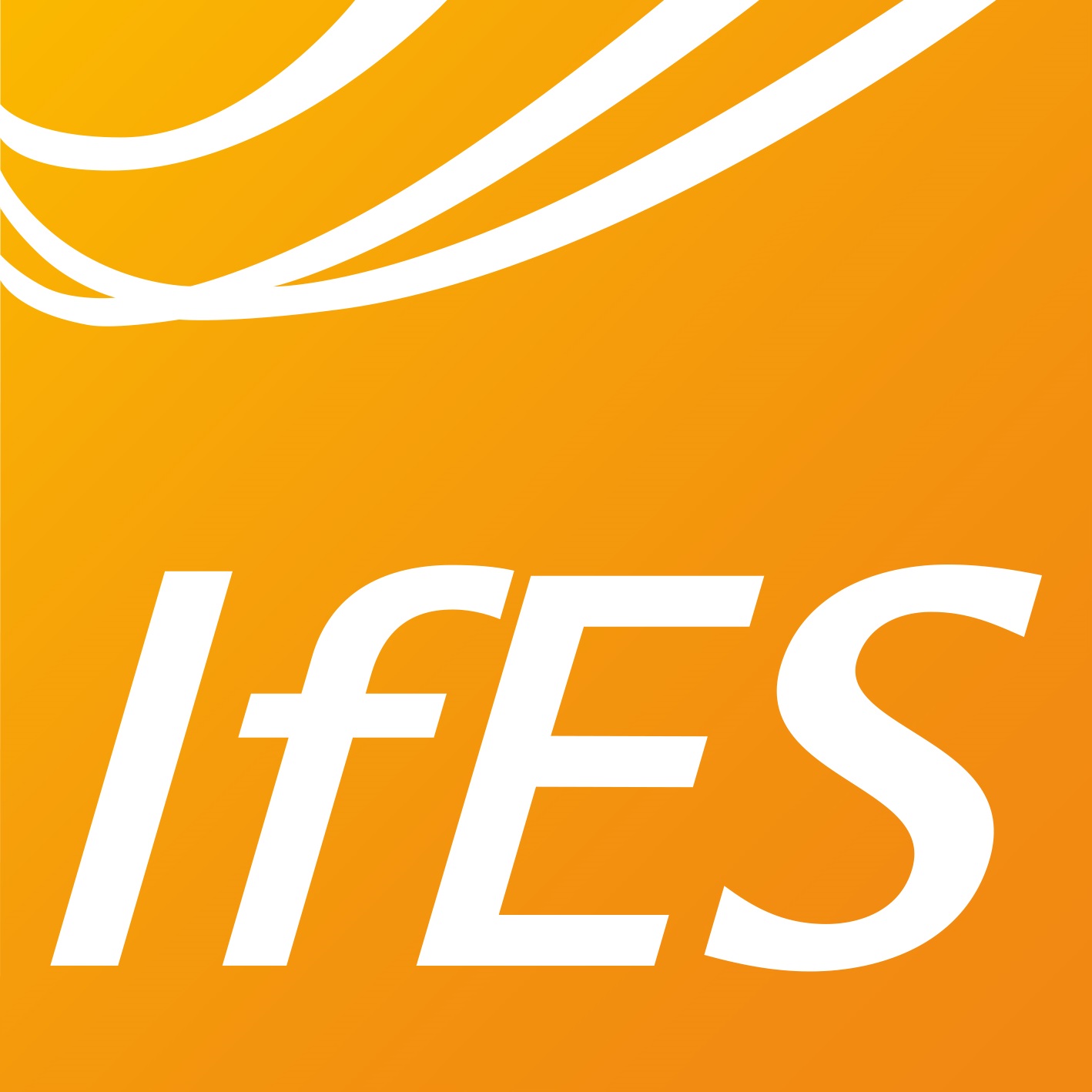Furankonzentrationen vs. Fuzzy-Logik: Ein neuer Vorschlag zu Abschätzung des DP-Wertes von Leistungstransformatoren
- verfasst von
- Tobias Kinkeldey, Sebastian Schreiter, Holger Lohmeyer, Peter Werle, Tobias Münster, K. Hämel, J. Preusel
- Abstract
Transformers belong to the most valuable equipment in the electrical power supply. It is therefore of elementary interest for operators of transformers to estimate the remaining service life of this equipment. The average degree of polymerisation (DP value) is taken as an indicator of ageing, which is a measure of the average remaining chain length of the cellulose molecules. This value can be determined from a paper sample by chemical analysis. Unfortunately, it is almost impossible to obtain such a paper sample during operation or during short shutdowns, as this requires intervention in the transformer's insulation system. Therefore the development of methods to draw conclusions about the quality of the solid component on the basis of easily accessible oil parameters is subject of scientific discussion. An established method is the estimation of the DP-value on the basis of the furan concentrations in the insulating liquid by means of equilibrium curves. However, investigations show that these estimates of the DP value based on the furan concentrations in real transformers often do not indicate the true state. However, since the ageing of the equipment is also accompanied by the deterioration of other parameters such as oil and gas parameters, this paper will discuss the potential of interpreting these physically independent parameters to provide a condition statement using special developed fuzzy logic algorithms.
- Organisationseinheit(en)
-
Fachgebiet Hochspannungstechnik und Asset Management (Schering-Institut)
- Externe Organisation(en)
-
Hochschule für Technik, Wirtschaft und Kultur Leipzig (HTWK)
ABB Group
GRIDINSPECT GmbH
- Typ
- Aufsatz in Konferenzband
- Seiten
- 406-411
- Anzahl der Seiten
- 6
- Publikationsdatum
- 2020
- Publikationsstatus
- Veröffentlicht
- ASJC Scopus Sachgebiete
- Energieanlagenbau und Kraftwerkstechnik, Elektrotechnik und Elektronik


